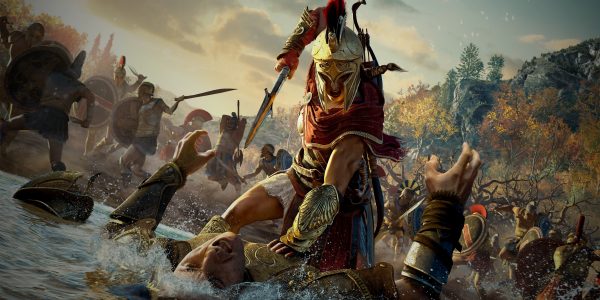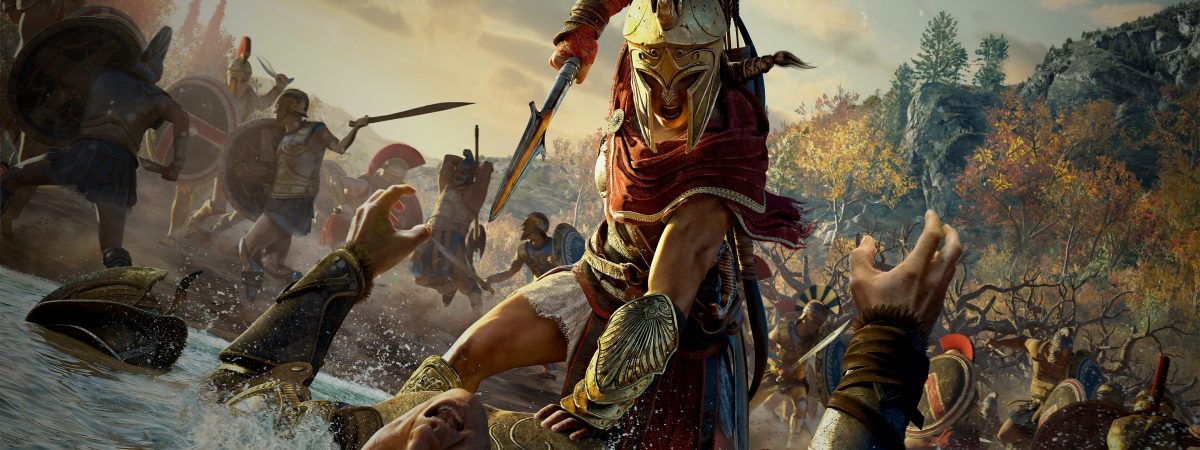Assassin’s Creed set a certain precedent at Ubisoft when it was first released. Though fans did not yet know it, the first and second games in the franchise solidified the series’ future in many regards. From the control scheme to the way the world is traversed and experienced, not much has changed from then to now. Granted, Origins and Odyssey have worked to stray from the formula of previous entries- but only to a point.
Old Habits Die Hard
When Assassin’s Creed was released fans couldn’t get enough. Altair costumed parkour runners were everywhere on YouTube, fan movies were quick to go viral. Halloween alone that year was packed full of more hidden blades than the entirety of Assassin’s Creed: Brotherhood. But the way the pioneering title would affect the industry going forward could not have been predicted.
By the time the second game rolled around the formula was just fresh enough to still keep people engaged. The world broadened, the story was far more rich, and the gadgets were even deadlier. It was, by all means, a perfect sequel. The series’ subsequent entries Brotherhood and Revelations fared well too, but by the time Assassin’s Creed III had hit consoles the writing was on the wall.
Struggling to Innovate

The staleness of it all had begun to set in, as the fourth game in the franchise was lackluster in every regard. Ubisoft did a few things differently, but not enough to warrant praise for anything resembling innovation. In fact, critics and fans alike had acknowledged this as one of the game’s key flaws. In addition to the meandering story, there was a distinct lack of substance in the game as a whole.
Even though Black Flag did enough to shake the formula up, Ubisoft returned to form with the lackluster Syndicate. And yes, Unity was just ignored but… well, we can all agree that’s for the best right? The homogenous combat and traversal mechanics across the franchise took the excitement out of each following release. This coupled with the fact that Assassin’s Creed was consistently hitting shelves as an annual release left the industry with an overwhelming sense of oversaturation and fatigue. But how can Ubisoft remedy this?
Certainly, Origins and Odyssey have each been a step in the right direction. Each game displayed growth in the ways they introduced combat, a fully open world, and interactive storytelling. Odyssey doubled down on being different with a slew of fantastical missions and DLC; honing in on what makes the game stand out. But how much do those games truly stand out?
In reality, it doesn’t feel that substantial. While Origins and Odyssey are fun and lengthy titles, they still adhere to the strict Ubisoft formula. A sprawling map, tall peaks to climb to unlock more markers on the map, bandit camps to dismantle, etc. Those who have played literally any Ubisoft adventure game over the last decade know this cycle well.
But will the French publisher have the courage to venture out and try something new? Will they strive to actually innovate? As the inevitable Assassin’s Creed 2021 looms over the horizon, these questions are still up in the air. Yet, with millions of copies sold in their latest title alone, it’s hard to imagine Ubisoft is eager to change.




